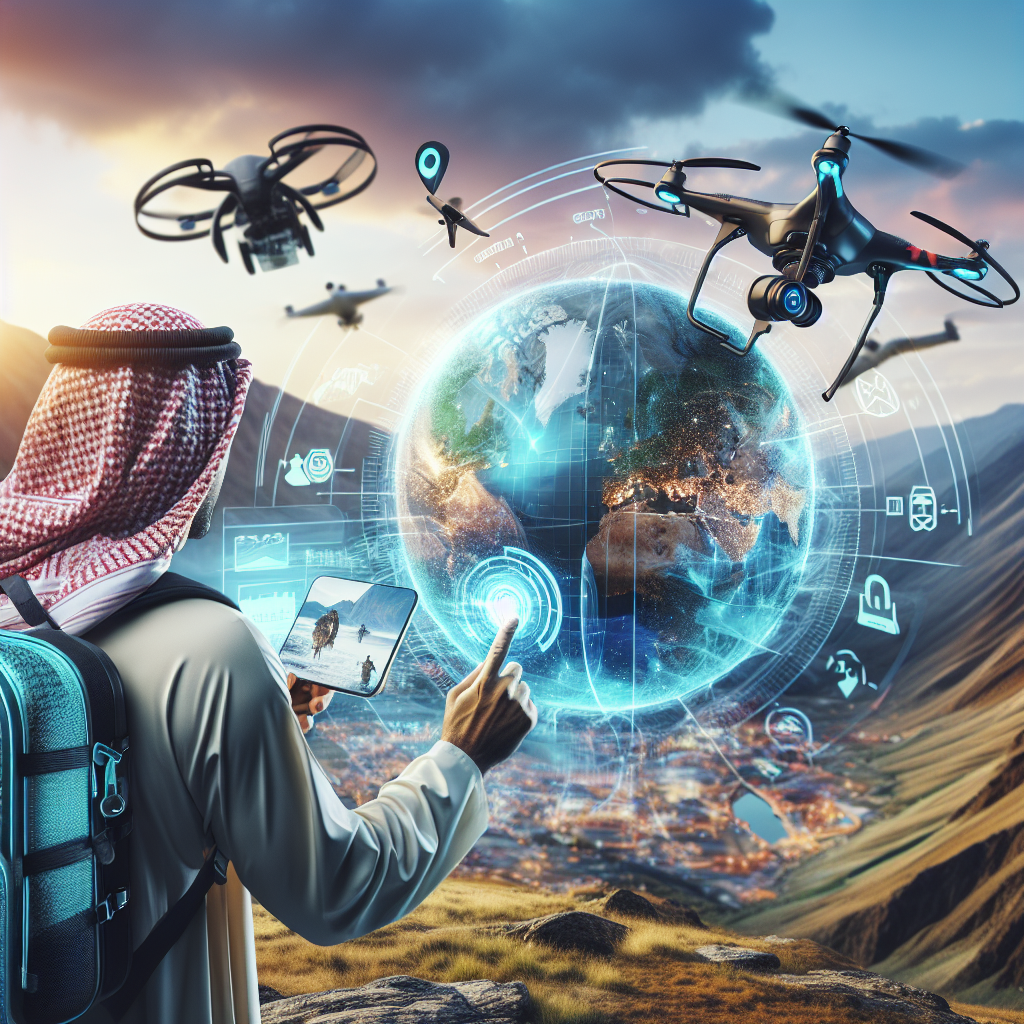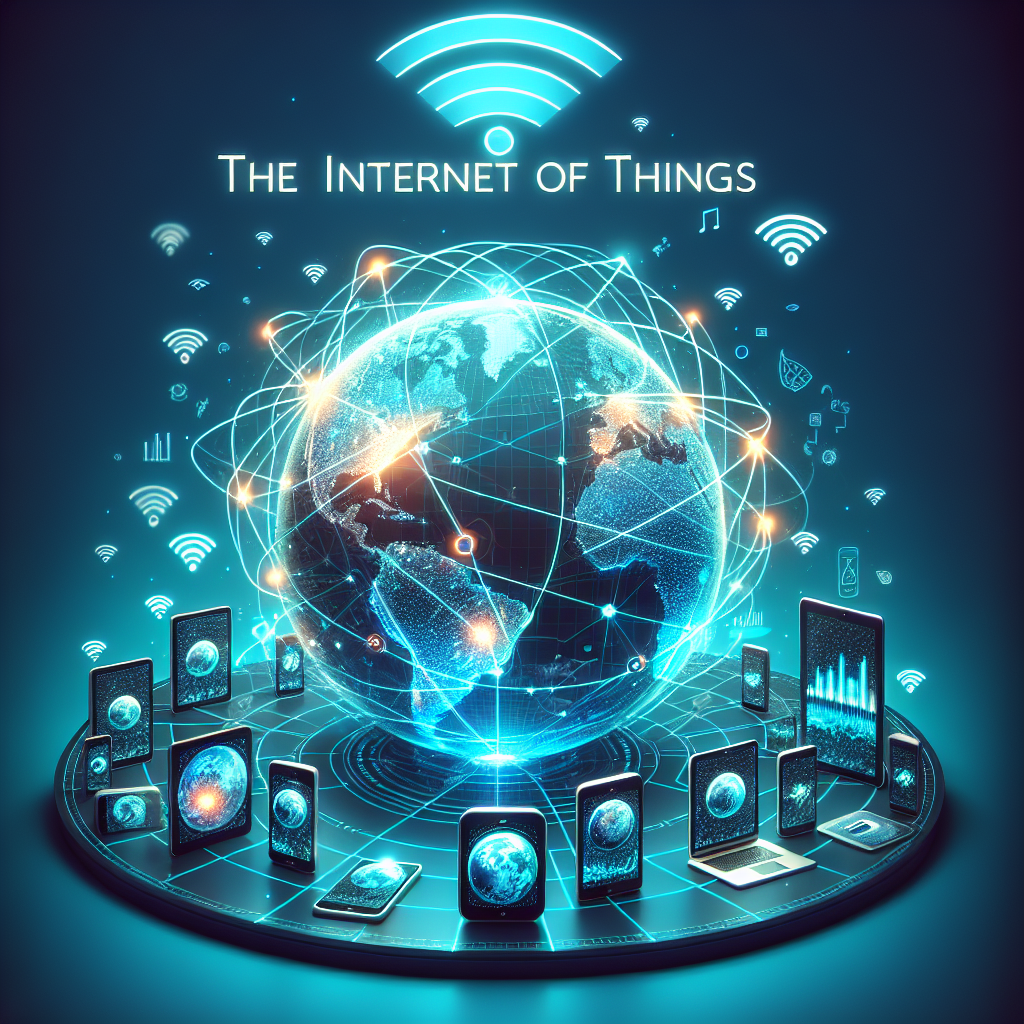AI in Everyday Life: How Artificial Intelligence is Changing the World
In recent years, artificial intelligence (AI) has transitioned from a futuristic concept to a powerful tool that pervades nearly every aspect of modern life. It is not merely the subject of science fiction films or high-tech research labs but an integral part of everyday activities and industries. The rapid advancement of AI technologies is transforming the world around us, fundamentally altering the way we interact, work, and live. Here, we explore the profound impacts of AI on various facets of daily life.
Smart Assistants and Personalization
One of the most recognizable applications of AI in everyday life is the use of smart assistants. Devices like Amazon’s Alexa, Apple’s Siri, and Google Assistant employ sophisticated natural language processing to understand and respond to user commands. These AI-driven assistants can manage schedules, control home appliances, provide real-time information, and even make shopping lists. By learning user preferences and habits, they offer a personalized experience tailored to individual needs.
Additionally, AI’s role in personalization extends to digital content such as music, media, and retail. Streaming services like Netflix and Spotify use AI algorithms to recommend shows and music based on user behavior and preferences, making it easier to discover new content that aligns with individual tastes. In e-commerce, platforms like Amazon analyze purchasing history to suggest products that a customer is likely to be interested in, enhancing the shopping experience and driving sales.
Enhanced Healthcare
AI is revolutionizing the healthcare industry, leading to significant improvements in diagnosis, treatment, and patient care. Machine learning algorithms can analyze medical data with remarkable accuracy, helping doctors identify conditions like cancer, heart disease, and other ailments at an early stage. AI-driven diagnostic tools can process medical images, radiographs, and CT scans faster and more accurately than traditional methods, facilitating timely and preventive healthcare measures.
Moreover, AI-powered robots and applications assist in surgery, rehabilitation, and even patient monitoring. Telemedicine, enhanced by AI, has become particularly pertinent in the current era, offering remote medical consultations and follow-ups, thus bridging the gap between patients and healthcare providers.
Streamlined Transportation
AI is at the forefront of transforming transportation systems, making travel safer, more efficient, and more convenient. Autonomous vehicles, guided by complex AI algorithms, promise to revolutionize the automotive industry. Self-driving cars from companies like Tesla, Waymo, and others are gradually becoming a reality, promising to reduce human error, decrease accidents, and optimize traffic flow.
AI also plays a crucial role in routes optimization, predictive maintenance, and smart traffic management. Ride-sharing services like Uber and Lyft leverage AI to match drivers with passengers, determine the quickest routes, and predict demand, ensuring seamless and efficient travel experiences.
Financial Services
The financial sector is another domain where AI is making substantial inroads. From fraud detection to personalized banking, AI algorithms analyze large volumes of data to identify patterns and anomalies that could indicate fraudulent activities, helping institutions protect their customers.
AI-driven robo-advisors provide investment advice and portfolio management, offering customized financial solutions based on individual risk preferences and market trends. Additionally, customer service chatbots, powered by AI, assist clients with various banking services, making interactions faster and more effective.
Education and Learning
In the field of education, AI is paving the way for personalized learning experiences. Intelligent tutoring systems adapt to the learning pace and style of each student, providing tailored resources and feedback. Applications like Coursera and Duolingo use AI to offer interactive and engaging learning experiences, making education more accessible and effective across geographical boundaries.
AI also aids educators by automating administrative tasks, grading, and providing insights into student performance, allowing teachers to focus more on instructional activities and personalized mentoring.
Daily Conveniences
AI impacts a multitude of small yet significant daily conveniences. From facial recognition-powered security systems and AI-based home cleaning robots like Roomba to smart thermostats that learn and adapt to our living habits, AI automates mundane chores and enhances household management.
Retail is being redefined through AI-driven checkout-free stores like Amazon Go, where shoppers can pick items and leave the store without waiting in line, as AI systems handle billing and payments seamlessly.
Conclusion
As AI continues to evolve, its integration into everyday life amplifies, offering unprecedented benefits and efficiencies. It is fundamentally altering the landscape of various industries, enhancing convenience, personalizing experiences, and driving innovations that once seemed like science fiction. However, with these advancements come considerations of ethical use, privacy, and job displacement, necessitating a balanced and mindful approach to harnessing the potential of AI for the greater good. Nevertheless, there is no doubt that AI is a transformative force, poised to reshape the world in profound and exciting ways.














Leave feedback about this
You must be logged in to post a comment.